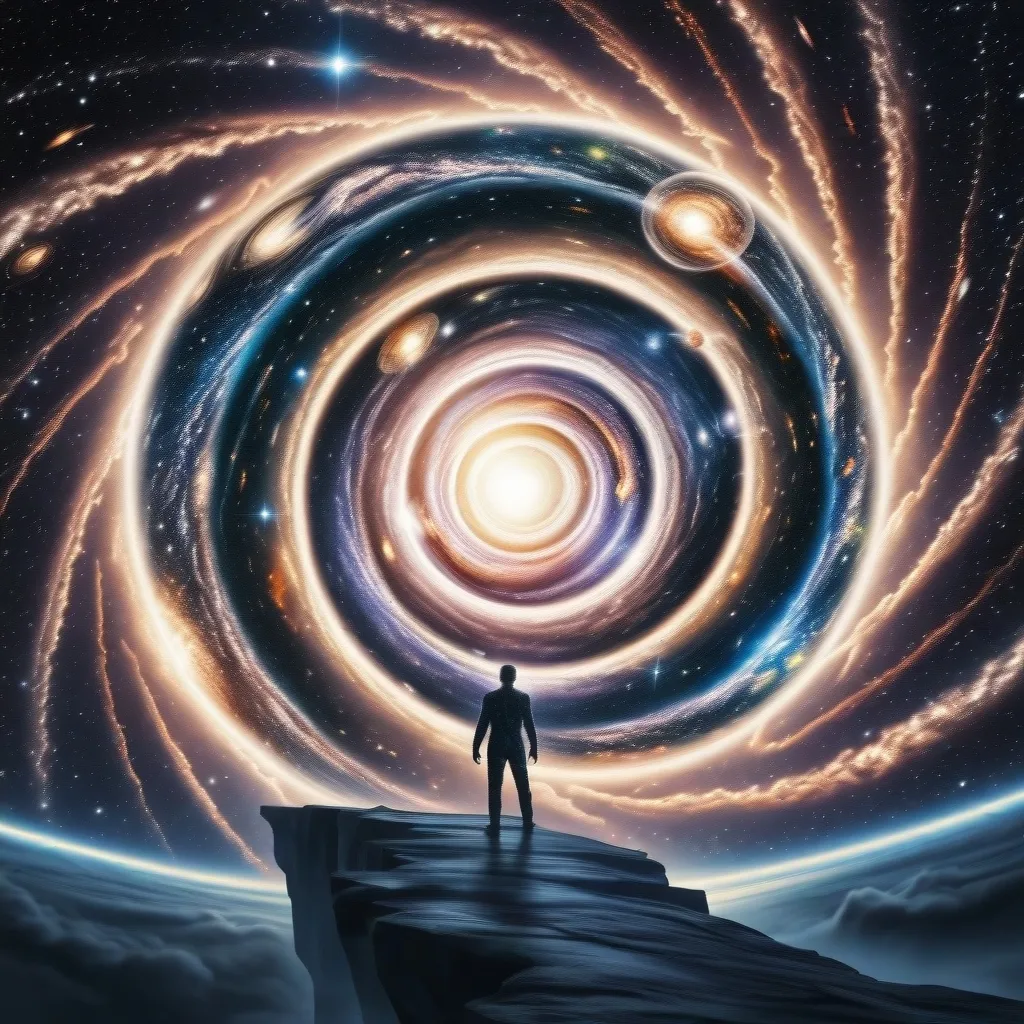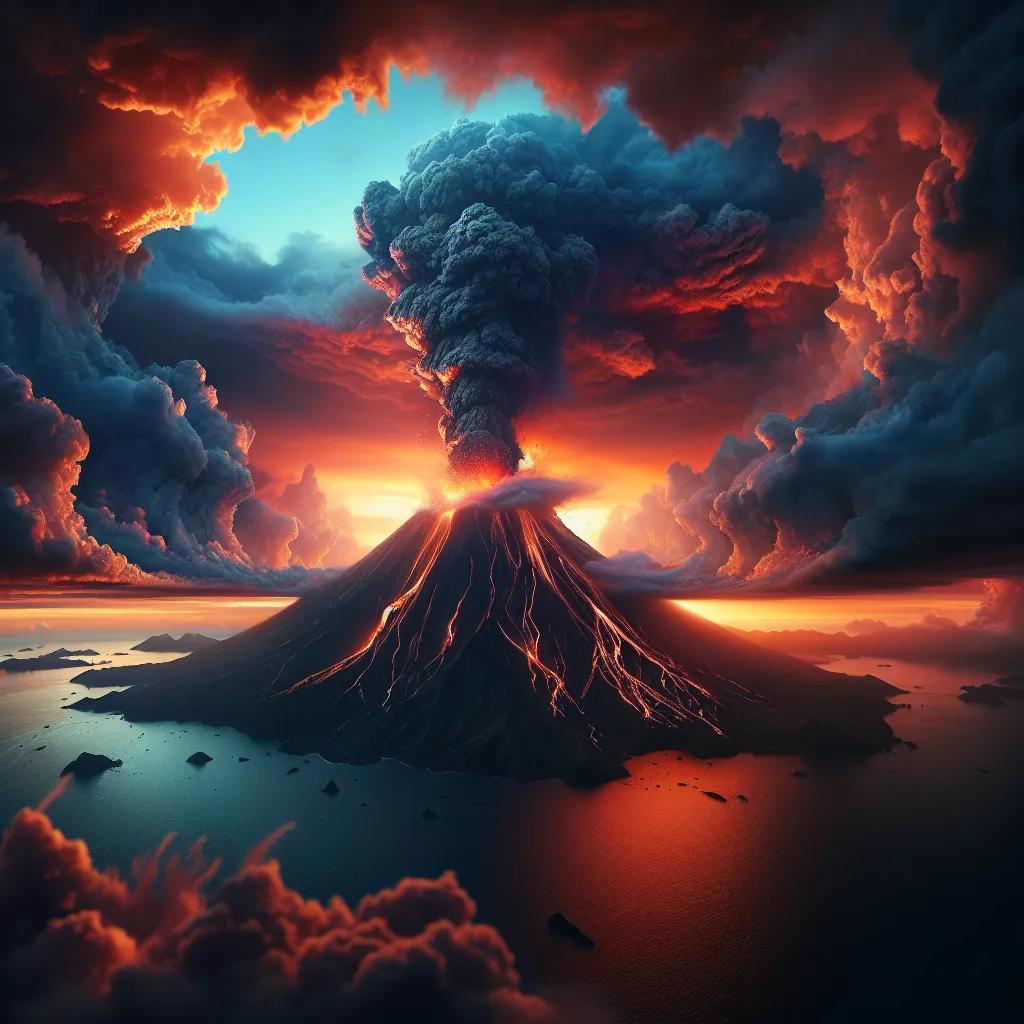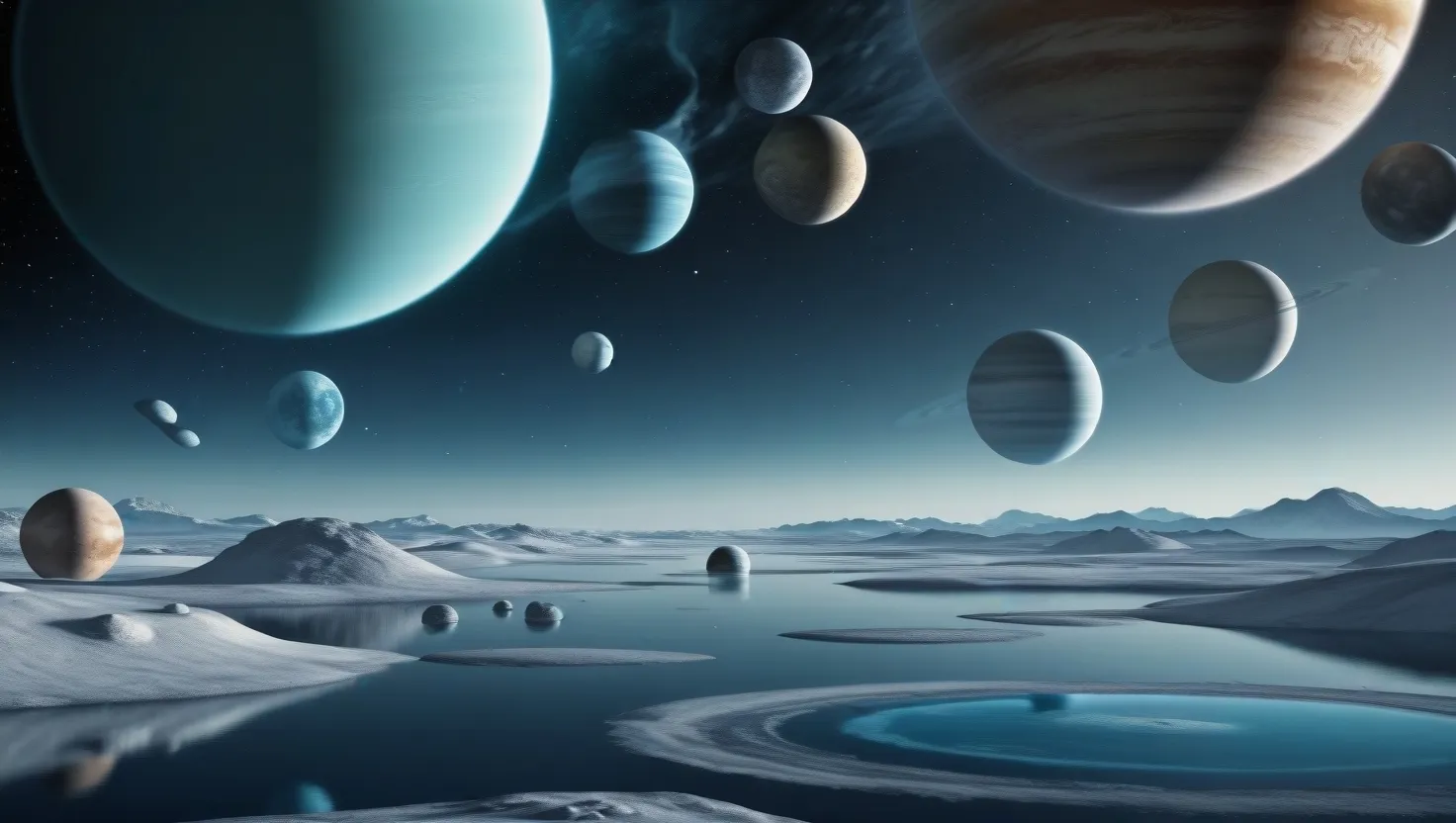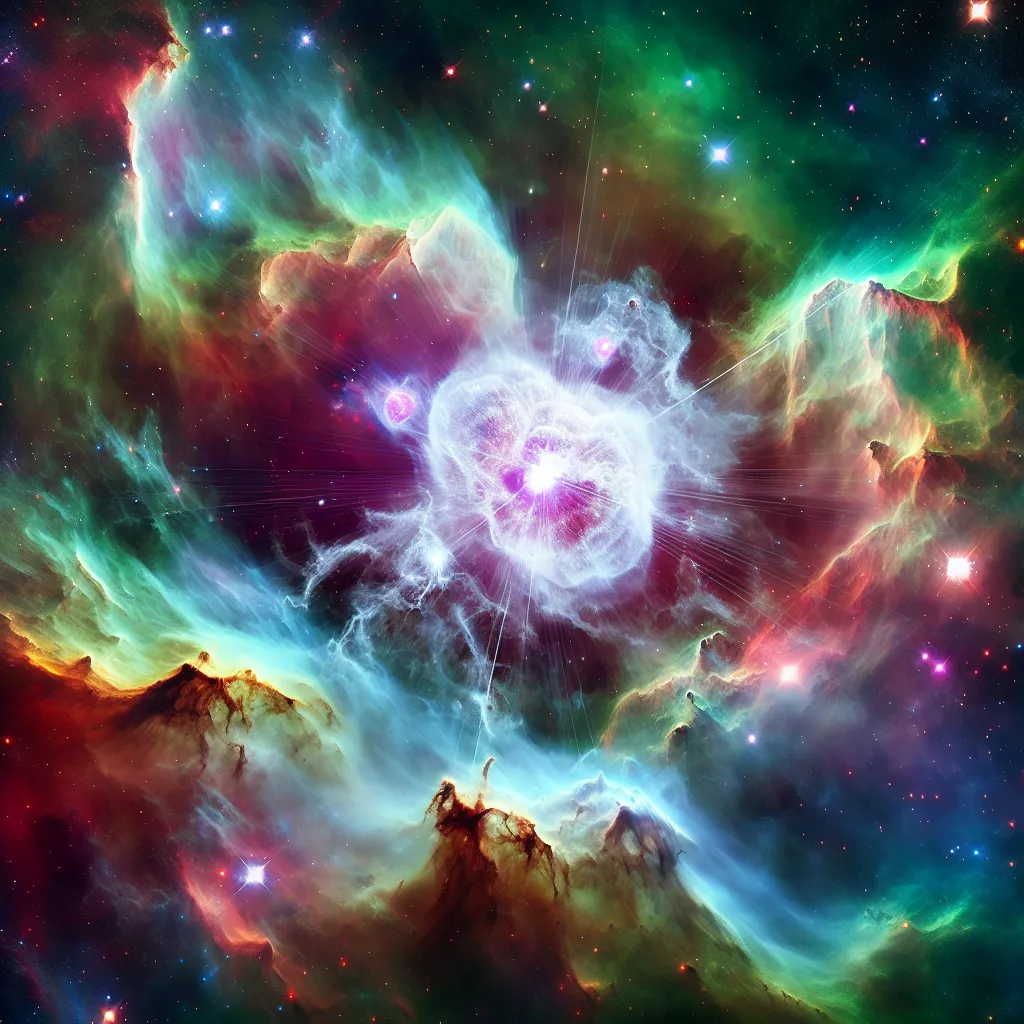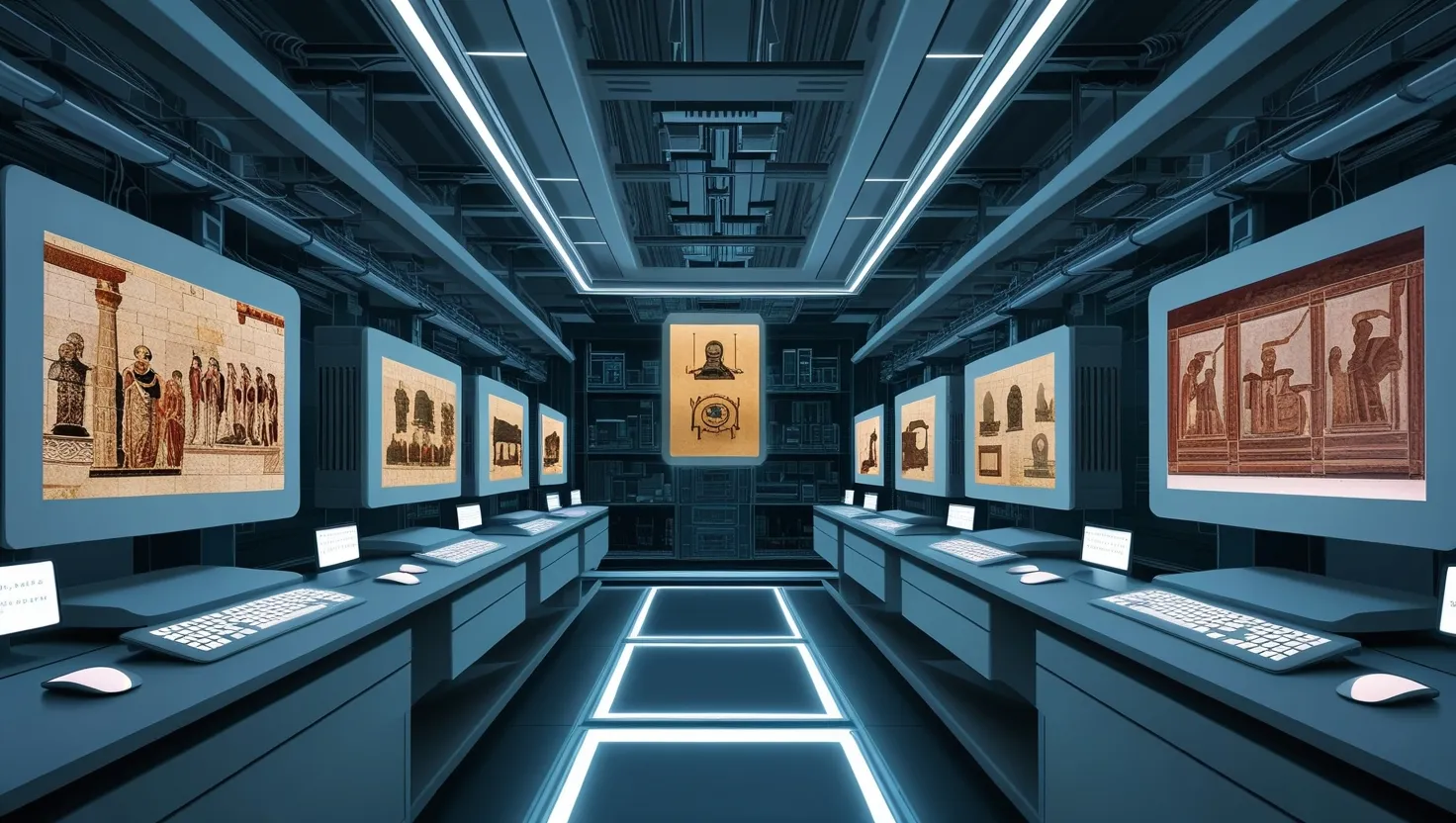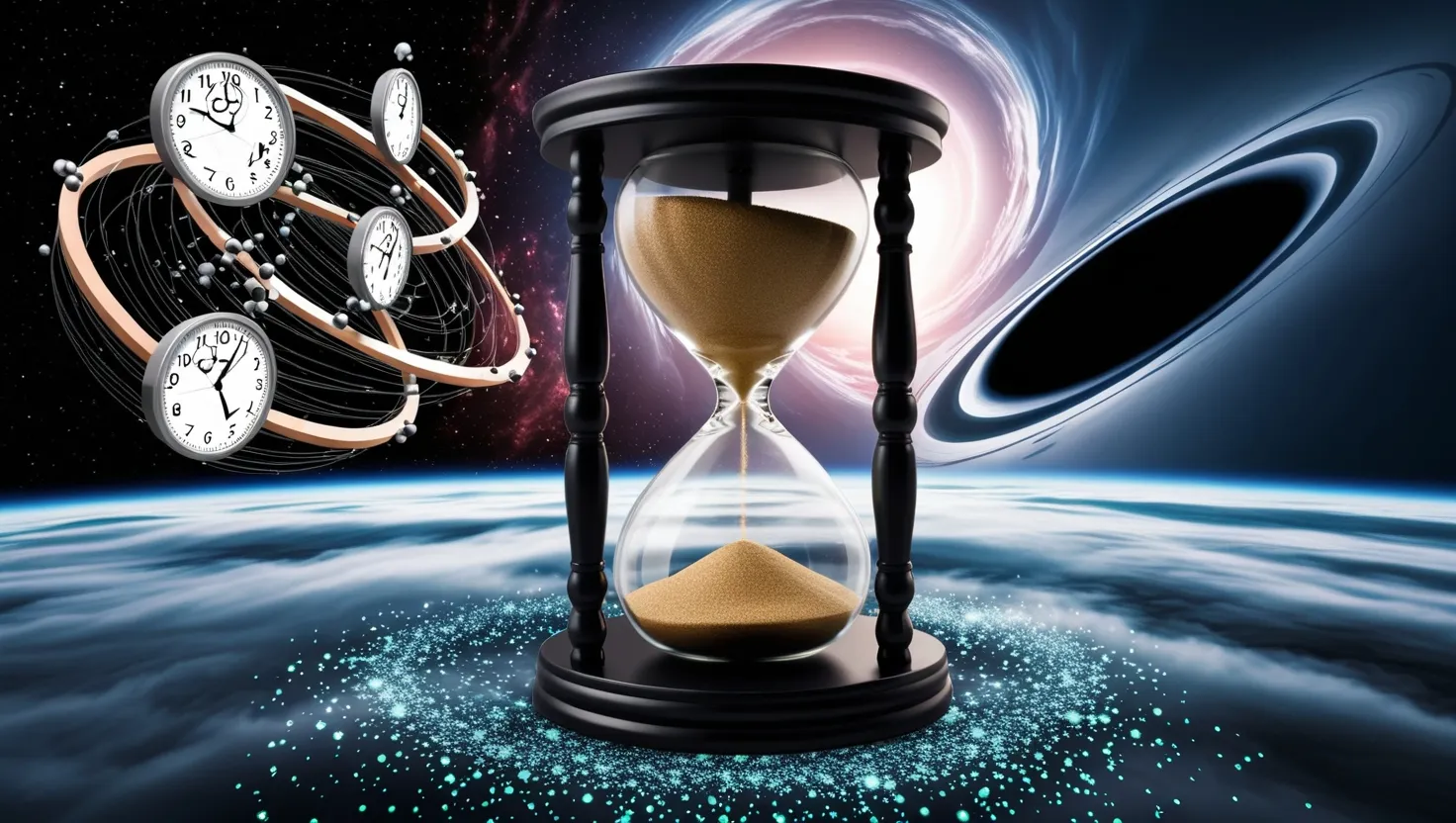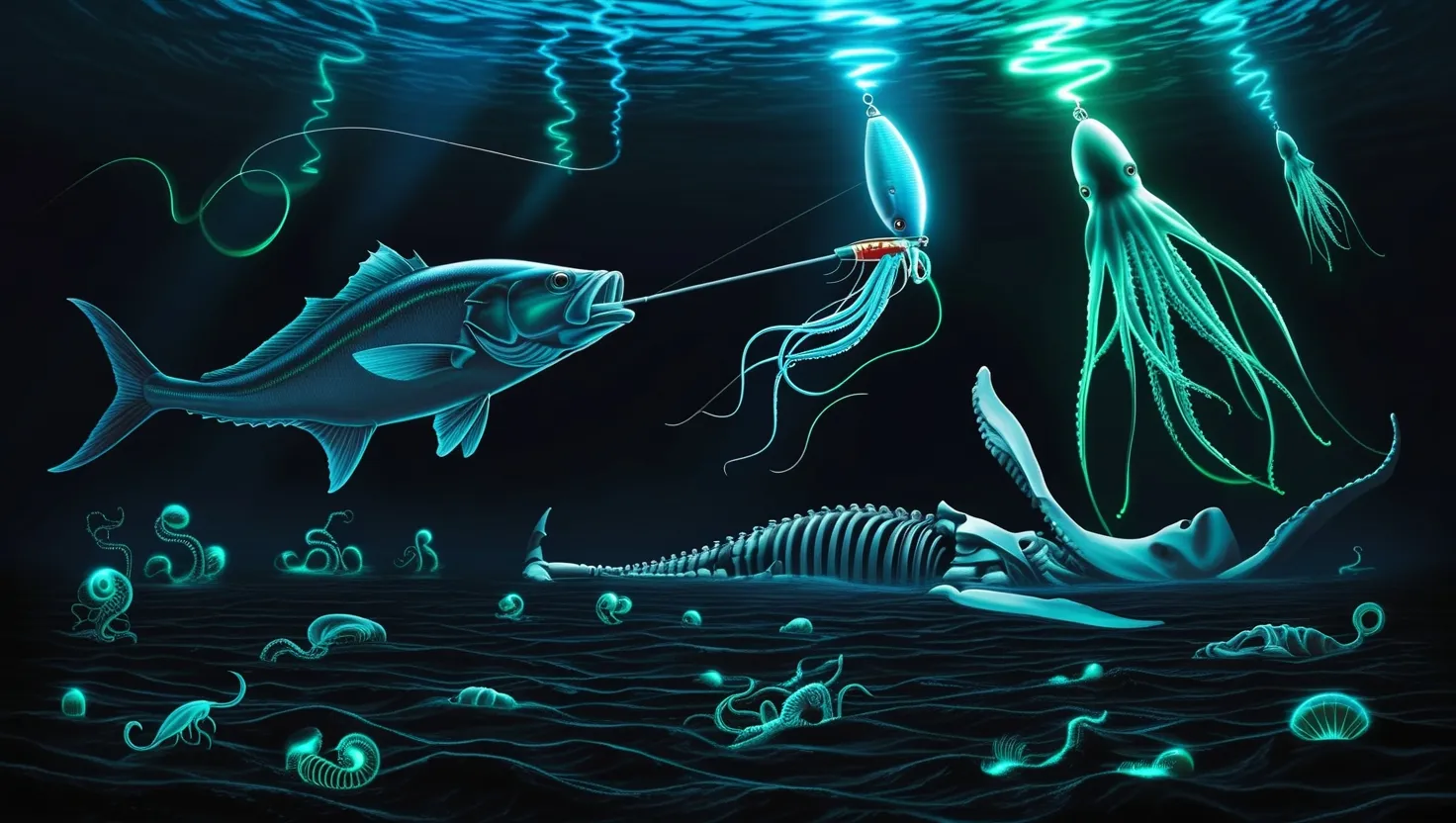The multiverse - it’s an idea that can make your head spin and your imagination run wild. The thought that our universe might not be alone, but just one of countless others, is enough to keep anyone up at night pondering the possibilities. It’s a concept that has drawn in everyone from top scientists and deep-thinking philosophers to the most creative minds in science fiction.
One of the hallmarks of multiverse theory is what’s known as the “many worlds” interpretation. Dreamed up by a guy named Hugh Everett III back in 1957, this theory suggests that every decision we make causes the universe to split into parallel universes. So, when you flip a coin, and it lands heads in our universe, there’s another universe out there where it landed tails. Imagine that! Every little choice you make branches off into a new universe. Dress in blue today? There’s another universe where you went with red. It’s like living in a choose-your-own-adventure book, where every possible turn creates its world.
Then there’s cosmic inflation – a mind-expanding concept from the late ’70s and early ’80s by clever folks like Alan Guth and Alexei Starobinsky. This theory says that at one point, the universe grew insanely fast, like, blink-and-you’ll-miss-it fast. This speed could have spawned what they describe as “bubble universes” in a grand multiverse. It’s like blowing bubbles – each bubble is a unique universe within the larger, infinite balloon of reality.
If that doesn’t make the head spin, think about this: in these other universes, the rules of physics might not even be the same. We take things like the speed of light or the pull of gravity for granted. But what if those constants were different elsewhere? Imagine places where particles we’ve come to know don’t even exist. Or maybe gravity is way weaker, creating a universe where stars hang around longer, perhaps paving the way for super-advanced civilizations. It opens a Pandora’s box of “what ifs” that’s both exciting and daunting.
There’s also this slick reasoning known as the anthropic principle. It suggests our universe is perfect for life because if it weren’t, we wouldn’t be here to talk about it. Put it in terms of a lottery: winning is rare, but it has to happen to someone. Our universe is like that lucky ticket, while others might be versions where life never got started.
But not everyone is on board with the multiverse bandwagon. Some scientists argue it’s all a bit too far-fetched – it’s not like we can just pop over to another universe to see if it’s really there. The critic’s favorite tool is Occam’s razor, which basically says, “Keep it simple.” If a simpler explanation works, why go looking for complications?
Scientists, like all of us, have personal biases and leanings. Some are enthralled by the possibilities the multiverse offers, while others prefer sticking to what can be measured and tested. It’s a debate where science meets philosophy, and neither side is short on opinions.
Beyond the scientific and philosophical spheres, the multiverse has made its mark on pop culture. Sci-fi has been toying with parallel universes for years, from classics like “Flatland” to the latest blockbuster movies with their mind-bending plots and alternate realities. It’s a theme that resonates with our curiosity about alternate lives and different paths.
The multiverse theory challenges us to expand our perception of existence. It invites us to imagine what lies beyond our corner of space. Look up at the stars and wonder if there’s another you out there, living a life that’s just a little bit different. It’s a thought-provoking idea that’s as thrilling as it is humbling.
Whether or not we’ll ever have proof of the multiverse, the concept captivates the mind and keeps us yearning for knowledge. It’s a testament to the never-ending quest to understand our universe and our place within its enigmatic expanse. Here we stand, peering into the cosmos with a sense of wonder, inspired to keep exploring the vast mysteries that await our discovery.
